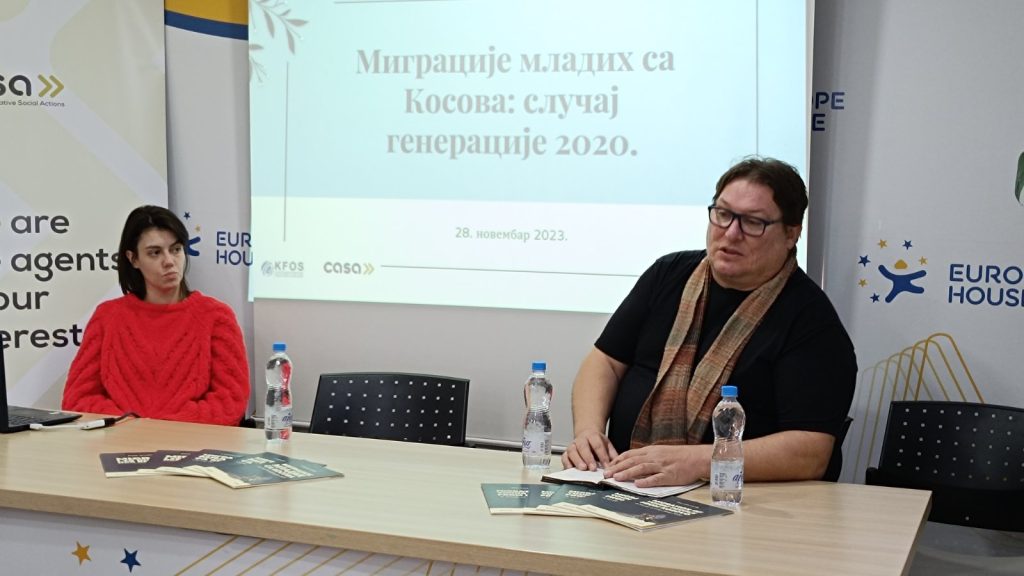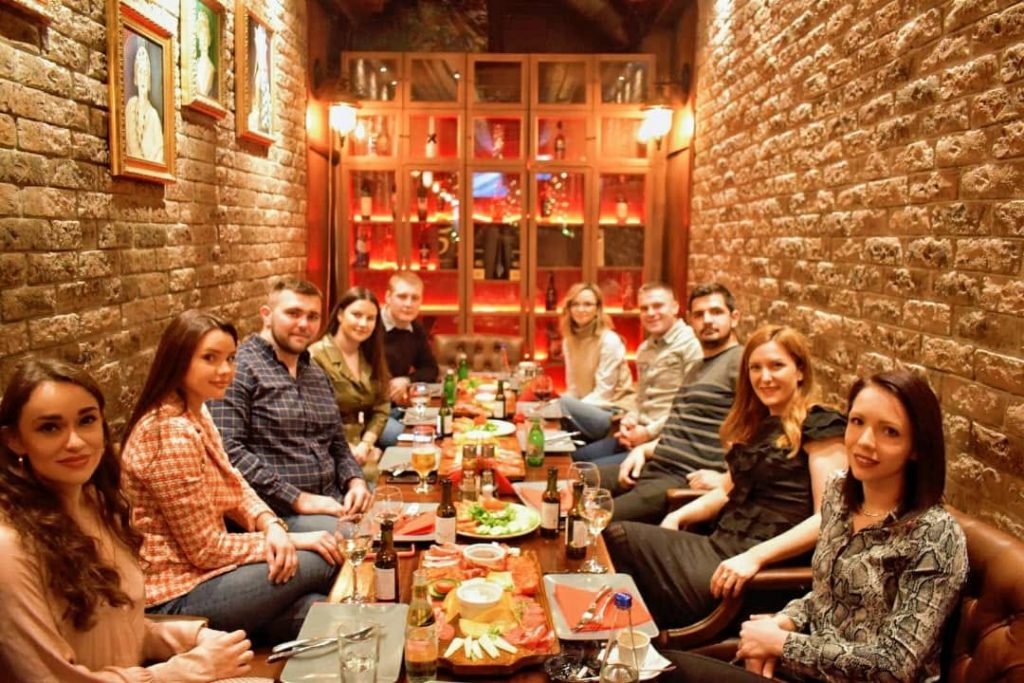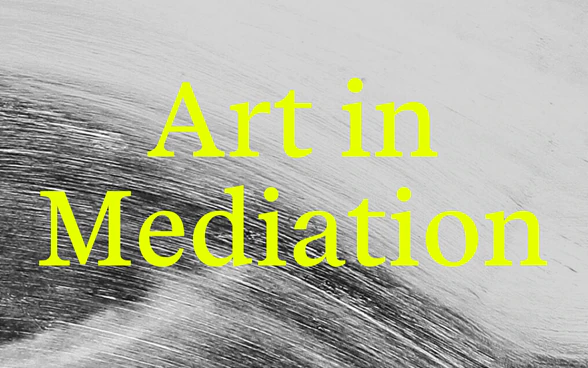The NGO CASA presented a case study on the topic of “Youth Migration from Kosovo” at the House of the European Union, followed by a panel discussion involving politician Aleksandar Arsenijević, representatives from the civil sector Srđan Simonović from the Human Center Mitrovica, and Vladan Trifić from the Center for Peace and Tolerance in Gračanica. The event was moderated by journalist Ivana Vanovac.
The aim of the case study was to contribute to the discussion on the issue of youth leaving Kosovo by identifying their motivations for departure. This also entails pinpointing the problems that need resolution to persuade young people to choose to remain and live here.
Furthermore, the study shed light on two significant points: that the departure of youth from Kosovo is mainly motivated by four groups of factors – sociological (education status), economic, political, and personal (family and friends’ support).
It was emphasized that the political factor particularly differentiates these migration patterns from those typical in European and global contexts. Additionally, there’s the observed snowball effect regarding the increasing number of youth leaving Kosovo, which has a devastating impact on the remaining community.
Providing an overview of the situation in Kosovo from the perspective of young people through the case study, the panel discussion’s theme focused on what can be done to halt negative migration trends, thereby preventing the erosion of the Serbian community in Kosovo.
Srđan Simonović spoke from a parental perspective about the scale of migrations from Kosovo today and highlighted the role of parents in this process, emphasizing that parents do not want their children to grow up here.
Aleksandar Arsenijević discussed past programs and initiatives to motivate young people to stay, which are currently lacking. He highlighted that a significant problem for the local University is the so-called ‘weekend professors’ and the lack of campaigns promoting studying in Kosovo, as young people do not have a clear and accurate picture of education here.
Vladan Trifić, as the sole panelist from central Kosovo, specifically from Gračanica, discussed the peculiarities in education in his region and presented a pessimistic view, using the term ‘educational genocide’ to describe the current state of education.
The case study on ‘Youth Migration from Kosovo’ was conducted as part of the project ‘Strengthening Social Dialogue in Kosovo,’ supported by the Kosovo Open Society Foundation (KFOS).
The entire document is available HERE.



